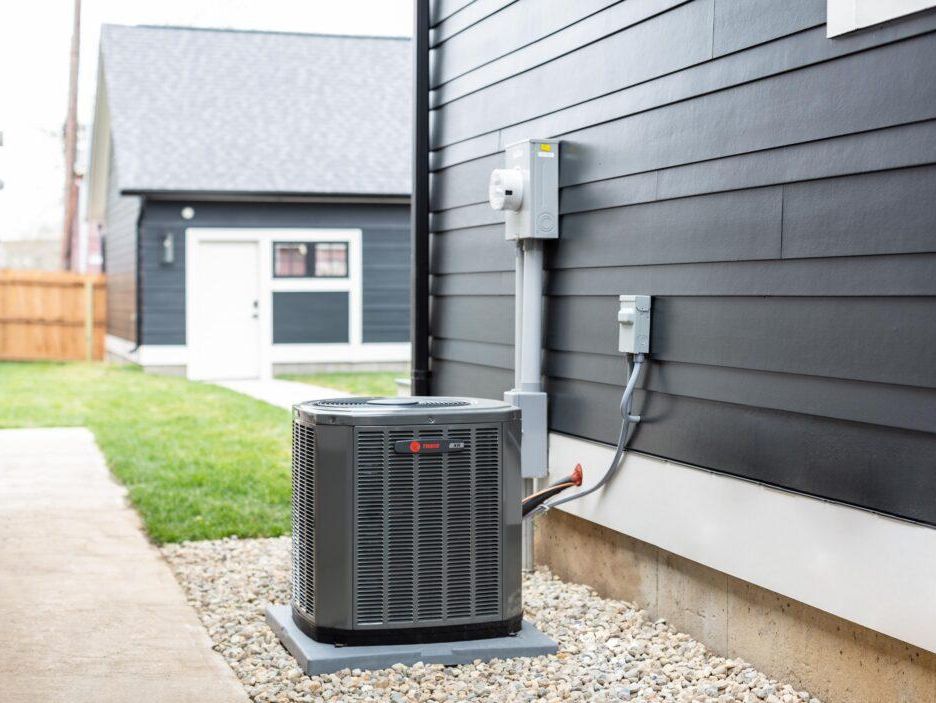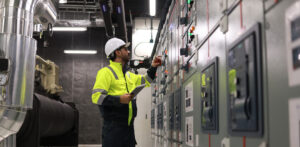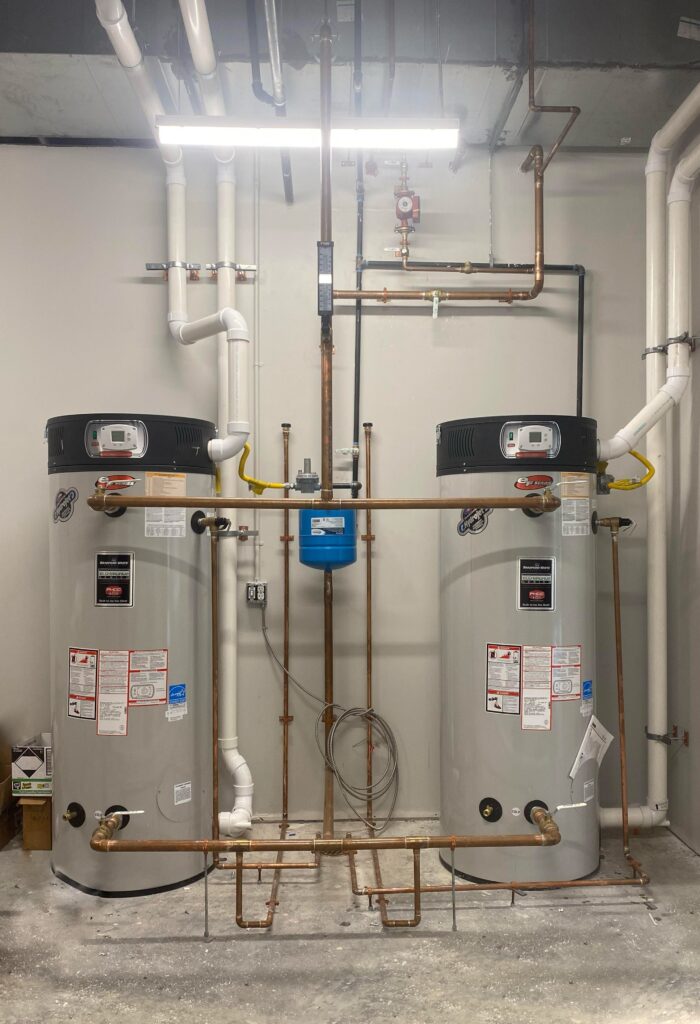March-April is that time of year when Mother Nature says it’s spring one day but winter again
the next. The furthest thing from your mind is getting your conditioner ready for spring. But early
spring is the ideal time to begin getting your AC system ready for the warmer weather ahead.
“Annual spring maintenance helps avoid problems later during the summer,” says Jason
DeBaere, HVAC Division Manager at Adams. “Good preventive maintenance also helps ensure
optimum performance of your entire air conditioning system, which will help you save money
over time because your AC unit won’t have to work as hard.”
There are some basic maintenance tasks a homeowner can tackle on their own. But there are
also some crucial procedures that must be handled by a professional with the right tools,
training and expertise.
3 simple things a homeowner can do:
-
Replace dirty filter. “An air conditioning system needs to breathe, both inside and outside,”
DeBaere points out. On the inside unit, that means replacing the filter as soon as it starts
showing signs of significant dust buildup. Most filter manufacturers recommend changing your
filter every one to three months. Some specialized filters are designed to last longer. Make a
note of what your filter manufacturer recommends. -
Take the protective cover off outside unit. If you’re a homeowner who likes to cover the air
conditioning unit during the winter months, make sure you remove that cover before you flip
the AC on for the first time. It might sound silly, but it can easily happen on that hot spring
afternoon when a family member instinctively changes the thermostat setting to AC. A running
air conditioner that is covered can undergo additional wear and tear, and the unit could even
end up overheating. -
Clean up vegetation. “Some homeowners like to plant grass or bushes to help hide the
outside unit,” DeBaere says. “But if that vegetation becomes overgrown, it can end up
suffocating the air conditioner. Some plants even have vines and end up attaching themselves to
the unit.” Early spring is a great time to make sure all vegetation is cut back away from the unit.
3 crucial tasks a professional should handle:
-
Inspection DeBaere says aAdams technicians likes to start indoors before performing
thorough inspections outside. First they check to ensure the system is operating correctly.
Technicians examine the condition of the filter to determine if it is dirty, clogged, or
in need of replacement. They check for signs of dust, debris, or other contaminants that may be
obstructing airflow. Checking system components, refrigerant levels, air flow and gathering
important measurements are all key in this yearly service. It is also important to the team at
Adams that strict protocol is followed to ensure manufacturer specifications and EPA
(Environmental Protection Agency) standards are met. -
Inspect electrical. When inspecting the outdoor unit, DeBaere says a technician will provide a
thorough electrical inspection while looking for any potential electrical issues. When the air
conditioner is running, the technician will test the amp draw on both the condenser fan motor
and compressor to make sure both are working properly. The technician will also check all
connections, disconnects, the contactor, and capacitors to see if anything needs to be tightened,
cleaned, or replaced. -
Outdoor cleaning. After doing their electrical inspections, the technician will also take the
time to clean the overall outdoor unit. They’ll clean out bugs, bee hives, leaves and other
debris. For homeowners who opt to cover their air conditioning unit during the winter, DeBaere
says it’s not uncommon to find mice nests that need to be removed. And when a mouse nest is
found, the technician will do another inspection to look for any wiring that may have been
chewed. “We’ll often remove the covers and flush the unit from the inside out,” DeBaere adds. “We have
specialized chemicals that are designed to thoroughly clean vital components like condenser
coil. These are the types of extra steps that help ensure air conditioner reliability and longevity.”
When’s the best time to schedule AC maintenance?
Technicians like to get out on service calls once there are some consistent 65-degree days. “That
might not be until later in May, depending on what the weather is doing,” DeBaere says. “But
that doesn’t mean you can’t call a professional and get your service scheduled much earlier.
April is the perfect time to start thinking about getting your AC system ready for summer.”
Talk to Adams about getting your air conditioner ready for spring and schedule your annual AC maintenance today.





